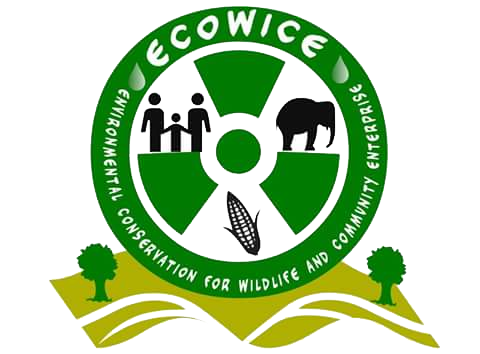About us
Biodiversity is one of the main sources of survival for low-income individuals in rural areas; to them, the economic value of biodiversity has overweighed its social value. Low-income individuals find themselves in circumstances where they continue hunting and deforestation (for farming, charcoal, and timber production) to generate income, despite knowing the significance of biodiversity.
To promote biodiversity and empower low-income individuals economically, ECOWICE engages these rural members of our community in sustainable utilization practices such as community-based forest management, human-wildlife co-existence, restoration, species conservation, and sustainable food and sustainable income.
Research highlights with an alternative source of income and food, the individuals we work with can promote biodiversity and empower low-income individuals financially. The research is seen from successful engagement with our community here.
Additionally, ECOWICE focuses on giving conservation incentives to rural people who substitute destructive activities with income generating activities, for example:
A charcoal producer who has been enhanced to produce environmental friendly commodity (i.e honey) is given market and dividend as reward for abandoning charcoal production. This is achieved through provision of training, farming inputs, monitoring support, harvesting services, and a guaranteed market into food processing and sales operations that generate conservation incentive.
Incentive is given to someone who has proved to abandon destructive activities; it is a reward for conserving biodiversity. Apart from giving incentive, the income generated after selling valued added products is used to sustain the process.
When low-income individuals are able to produce more food and sell surplus, their life is secured. Additionally, when they give commitment to conserve biodiversity, they deserve a reward.
